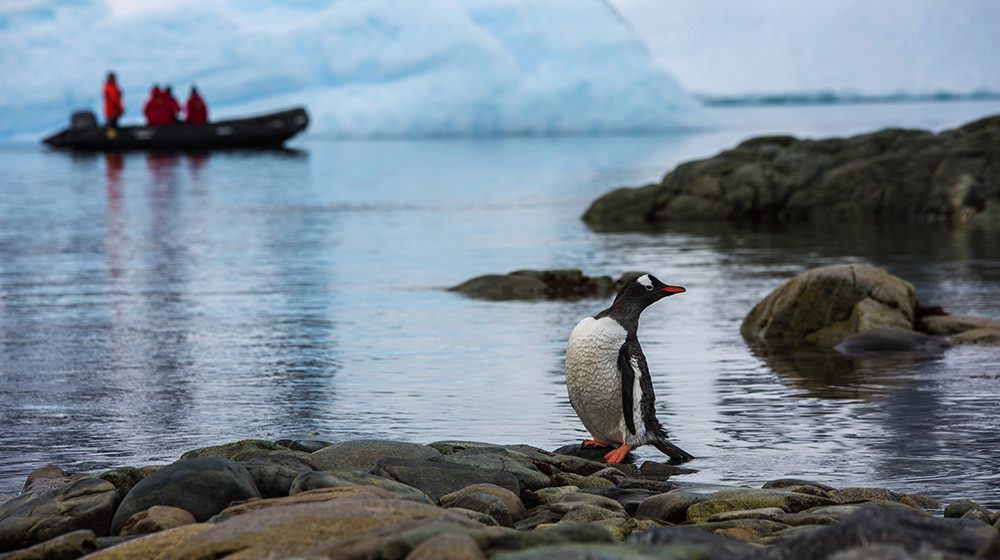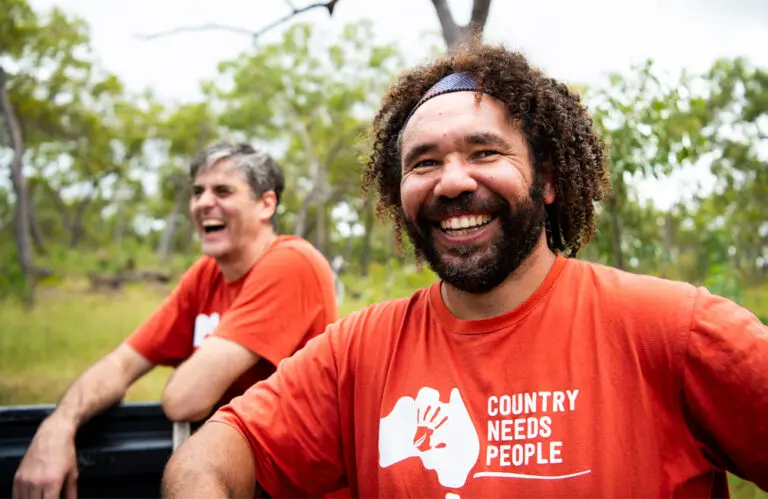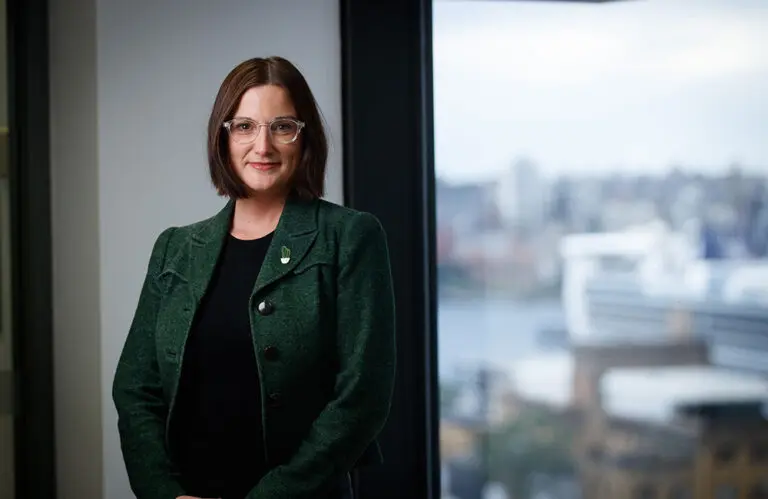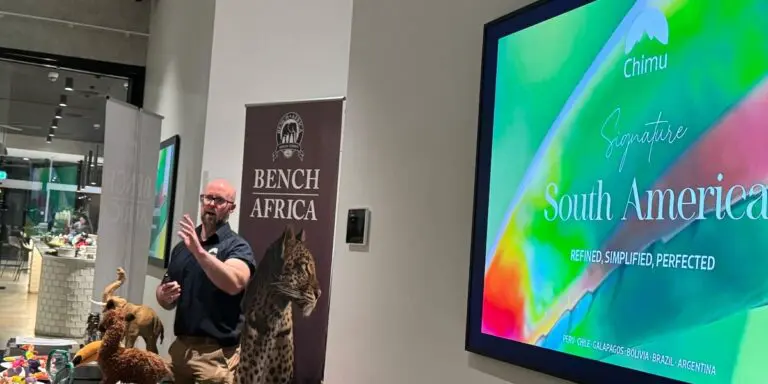What do you think when you hear the word ‘cruising’? Do you picture a small ship sailing to a remote pocket leaving no trace, or do you envision a floating hotel with multiple waterslides?
Regardless of your initial impression of this travel mode (a mode which can split opinion almost as quickly as Brexit), cruising has exploded in recent years, including the popularity of voyages to Antarctica.
According to the International Association of Antarctica Tour Operators (IAATO), visitor numbers making shore landings reached 45,864 during the 2018/2019 season (this figure was under 27 000 ten years prior).
Although incomparable to the mass tourism seen in European destinations such as Venice, growth like this must unite with sustainability if the cruising trend is to limit its impact.
In saying that, progress can be seen in the polar cruising industry, particularly from Chimu Adventures.

Chimu is an advocate of the small ship cruise (under 200 passengers) to both the Arctic and Antarctica. Such vessels can reach isolated areas with less impact than a larger ship while giving passengers a more intimate experience through smaller group onshore excursions which connect them with the polar surroundings.
Aside from small numbers, Chimu has been a member of responsible tourism pioneers, Responsible Travel, since 2007; a company who actively campaign against the detrimental cultural and environmental effects of large-scale cruising.

Further sustainable growth was secured in December 2018, when the wholesaler made an agreement with Hurtigruten who have eliminated single-use plastic from their ships and use biogas (leftovers from Norway’s large fishing industry combined with other organic waste) rather than fossil fuels. Currently, this isn’t possible in Argentina, where most Antarctic ships embark, but Chimu is looking to investigate bio-fuel technology as a means of reducing its footprint.
“We’re very keen to explore emerging bio-fuel technologies in the coming years to reduce or even eventually eliminate the use of fossil fuels on the expeditions we offer, and we have also just committed to no single-use plastics on voyages aboard our ship, the Ocean Endeavour.”
Chad Carey, Chimu Adventures Co-Founder

Those who have seen David Attenborough’s latest Netflix series, Our Planet, won’t forget the scenes of poor-sighted walrus’ tumbling to their deaths in the Russian Arctic after reportedly being forced to scale cliffs they would never have had to if their natural habitat of sea ice not been decimated by climate change.
The warming of our world cannot be denied and visiting the Arctic and Antarctica is a tangible way to show travellers the consequences of environmental damage.
Chimu co-founder, Chad Carey, elaborates: “Visitors to Antarctica return with an understanding that the Southern Ocean generates all of the world’s weather systems and that drastic changes will start impacting the world’s weather increasingly in the future.”
“From that perspective, taking tourists to Antarctica is very important. If no one goes there, no one sees the real issues. Undoubtedly, there are emissions of Antarctic ships, but they are a drop in the ocean compared to a global airline or vehicle emissions,” he continued.
Written by Frances Armitage at Chimu Adventures.
- READ: Cruise line to eliminate millions of plastic bottles
- READ: Chimu explores the lasting effects of a paradise found
- READ: What does 2019 hold for Chimu Adventures






